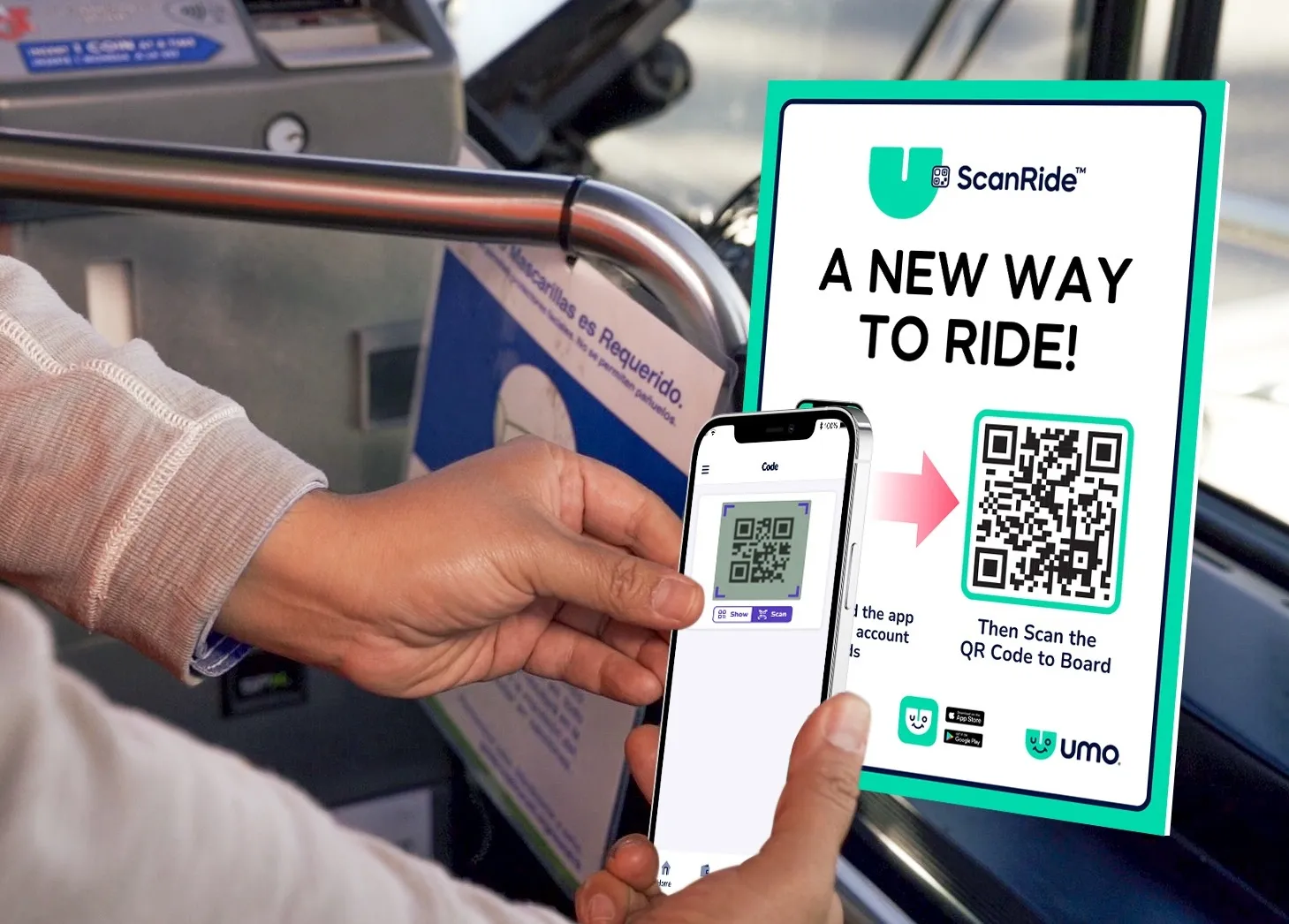Init Innovations in Transportation has partnered with the Orange County Transportation Authority (OCTA) in California for the implementation of electronic fare readers and a back-office revenue management system for the agency’s 556 fixed-route vehicle fleet.
OCTA operates countywide bus and paratransit services, as well as the planning, financing and coordinating of Orange County's freeway, street and rail development and operation of the 91 Express Lanes.
Init will install its PROXmobil3 fare reader
January 11, 2017
Read time: 2 mins
OCTA operates countywide bus and paratransit services, as well as the planning, financing and coordinating of Orange County's freeway, street and rail development and operation of the 91 Express Lanes.
Init will install its PROXmobil3 fare readers, which are able to accept open payments, contactless credit cards, debit EMV and near-field communication devices, for use with the recently-integrated moovel mobile ticketing app.
In addition, Init will implement a back-end, multi-client capable revenue management system to process mobile tickets onboard the OCTA fleet, monitor field devices, configuration and reporting. The modular structure of the system will allow OCTA to expand or extend at any time to meet the needs of new technology or new functionalities.
The readers and back-end system will provide an open architecture as well as application programming interfaces (APIs) that support OCTA’s core system functions.








